“Mastering Your Mental Health Is the Key To Everything You Want To Feel On The Inside, And Everything You Want To Have On The Outside.”
The ancients, former teachers, and philosophers helped us to understand the importance of mastering our mental health. But many of us have strayed away from their teachings. Read these quotes for example, and try and understand the inner meanings behind them:
- Toltec wisdom – “You don’t need to trust others as much as you need to trust yourself to make the right choices.”
Powerful. In a world where a hit to our reputation could cost us our jobs, careers, and businesses, it seems that we are always at the mercy of others. The Toltecs remind us that when we can fully trust in ourselves, everything else will fall into place.
- Joseph Campbell – “The schizophrenic is drowning in the same waters in which the mystic swims in delight.”
The great Joseph Campbell reminds us that everything is based on perception. As well, we don’t have to live by the labels that past and current authority figures in the world place on top of things. We have the power to choose what we think, what we do, and what reality truly means.
- Marcos Aurelius – “Learn to be indifferent to what makes no difference.”
One of my favourite Stoic philosophers of all time Marcos Aurelius (here’s an audiobook on Stoicism for mental health on my YouTube channel) reminds us that the very thing we believe to be important, isn’t that important in the big picture. Our judgements over things create the emotions that we feel. So in any given situation if something doesn’t feel right, we must look deeper into what meaning we’ve given it.
Mastering your mental health surely is one of the most important steps we must take in our lives. Below I want to share my personal opinions on what I believe are the keys to fulfilling this journey. Some of these you may already be in the process of mastering, others might be outside your present focus entirely. Either way, we must do our best to achieve an understanding around them all.
1) Awareness
To live a pleasant life, one in which effort is at a minimum we must first become aware. Awareness is a skill, and it surely doesn’t come naturally to most. Awareness is a recognition over why you do what you do, and why you don’t do what you need to do. Awareness takes a certain amount of time to analyze. To look over the results one is getting in their lives and to ask themselves whether they are satisfied or not?
Awareness is a stepping stone towards true inner fulfillment. It’s a conditioning process where a moment of hesitation and sensitivity stays as a moment. It doesn’t overtake your day, the week, or god forbid your life. But if you look around you we have become unaware, unconsciously reactive machines. Going about our days mindlessly running the same patterns as yesterday. Awareness will bring you out of this dark cloud and into the light when practiced steadily.
2) Protect your energy
Mastering your mental health means to protect your energy, since it’s such a finite and important resource. Why waste this valuable energy on people and situations that mean so little in the big picture? Why do you do it? Out of habit? Through the need to please others? You’re certainly not pleasing and looking after yourself while your energy gets distributed like you have an infinite amount of it.
Protecting your energy means sacrifice. To sacrifice comfort and the illusion of safety, for the unfamiliar world of more alone time, and quiet contemplation. While you protect your energy from the vultures that try and suck it out of you, you are becoming born again. This re-birth is known as heaven on earth. A sense of balance and separation from the chaos and stimulation of the outside world.
3) Become open to your true purpose
One persons true person differs from the next person. Purpose makes life worth living, gives us a reason to get out of bed, and continue to develop. Purpose doesn’t mean something you need to be engaged in on the outside either. When people think about purpose they think solely about serving others. In my world, this is only one way of looking at it.
Your true purpose could be to stop neglecting yourself as you have done for so long, and shift priorities. Waking up in the morning knowing that your true purpose is to develop ease, flow, and inner peace within is enough. It’s a daily practice, something to work towards. So never feel the guilt that arises when thinking of you first. Without getting to know your true nature, you’ll only be presenting the world with an artificial version of you.
4) Build your relationship up with god
The moment we think about god we think about the meaning given to us during our upbringing. What’s been practiced the most becomes the meaning of something. God doesn’t have to be anything you’re told it is. I personally believe that god is a teacher, because god is a teacher god can teach me if I’m open to his teachings. I don’t believe that one can heal without faith, it’s a vital component that needs more attention.
God is nature, god is within us, god is written in scriptures, god is everywhere, god can be anything to you. Just know that all is mind, everything that was every created was created due to an idea. Mastering your mental health starts with a clear idea and vision over god. Accept this into your life, take in this source energy as a co-creator of your life, and prevail.
This video will be a massive eye opener for you as it shares the 5 critical lessons I learned about god, during my anxiety healing:
5) Be realistic in terms of challenges
Each morning when you wake up don’t wish for a perfect day, but acknowledge challenges that will show up. People that believe each day should be lived without a single problem run into more unnecessary problems. Acknowledging that inner and outer challenges will arise will keep you prepared with your toolbox for healing to reframe and counter those challenges. Without these challenges, how would you ever mould the greatest version of you?
6) Drink more water
Based on 33 studies done by Mindy Mallard Stafford at the Exercise Physiology Laboratory at Georgia Institute of Technology, it’s proven that mild dehydration will greatly affect your focus and attention. Many people with anxiety complain about the lack of focus they experience, or the loss of their short term memory. Let’s remember how much more hydrated an anxious person needs to be compared to someone more neutral emotionally.
A 30 minute jog can bring someone into complete dehydration. We also don’t recognize the affects that heat has on our levels of hydration. If you’re a woman ready to begin mastering your mental health you’ll need to consume 91 ounces of total water per day. For men, we’re looking at 125 ounces for the day. Don’t take your water consumption lightly. It’s made a huge difference in my anxiety healing journey, and will do the same for you.
7) Take more mini vacations
A mini vacation is time spent giving back to you. It’s time to calm your nervous system, create a peaceful inner emotional environment, and get away from your to-do list. During my healing journey from anxiety I dedicated myself to 3 mini vacations daily. Of course I had a list of things that I rotated around such as magnesium salt baths, walks on naturistic trails, simplified meditations (like the 3 in the video below), and more.
The hardest thing for people is to make time for themselves. As the world demands more and more from us, we find ourselves neglecting our well being as well. This must be reversed at once. So start with two mini vacations a day from 2 minutes to 30 minutes of your time, and begin reaping the benefits of giving back to you and embracing a healthy lifestyle.
8) See through your addiction to suffering
Ah yes, the addiction to suffering. The most denied term in the world, and also the most common. The addiction to suffering isn’t conscious, I mean who wants to suffer, right? It’s found at an unconscious level, a level that holds the core beliefs of a person. These core beliefs reflect ideas that were given to them as children, and personal experiences they went through.
The addiction to suffering is an unconscious need to suffer in some way. This can be fulfilled through your thinking, verbal or physiological communication, disease, things we call accidents (which are actually just reflections of the outpouring of energy you carry). Mastering your mental health means to completely shift this pattern. I believe that the more positive imaginative and physical experiences a person has, the more evidence they bring up that opposes this inner need to suffer.
Since suffering is a safety mechanism, we can begin seeing how unsafe the habit really is. This is a big eye opener for anxiety sufferers who I ask ‘why do you feel the need to worry excessively?’ Their usual answers comes down to the fact that it’s been a part of them and their family, it’s habit, they don’t know what living with peace is, or others. You will never master yourself as long as you carry around the unconscious addiction to suffering, period.
9) Permit yourself goodness when it arrives
What does a chronic worrier do when something good shows up in their lives? They sabotage it! Since safety equals familiarity, even if something may be good for them, it’s unfamiliar and therefore unsafe. Permitting yourself to think optimistically and rationally, to speak in an empowering manner, to act in self confidence, and to imagine the best case scenario is essential to mastering your mental health. So stop pushing the good away, you deserve it, and it’s always waiting right around the corner for you.
10) Internalize nothing (identity work)
Anxiety is not your fault, but it is your responsibility to eliminate. We blame ourselves for everything, and it shows in how we tip-toe through the world day after day. We hope to avoid conflict, keep away from criticism, please as many people as possible, and the moment something happens guilt shows up with it.
What comes after the words ‘I am’ will dictate where your life goes. I can say this with with tremendous confidence now that I understand the power of the mind. Begin replacing the ‘I am’s’ with ‘I am doing.’ Meaning, ‘I am doing things to keep me anxious, but I am not anxiety.’ Soon enough this idea will transfer from a head level to a heart level, and you’ll begin believing it fully.


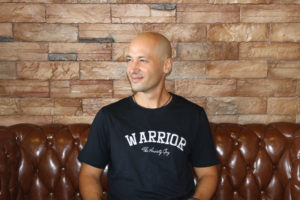
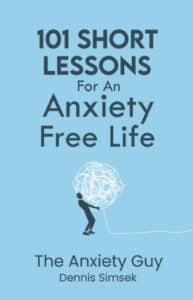

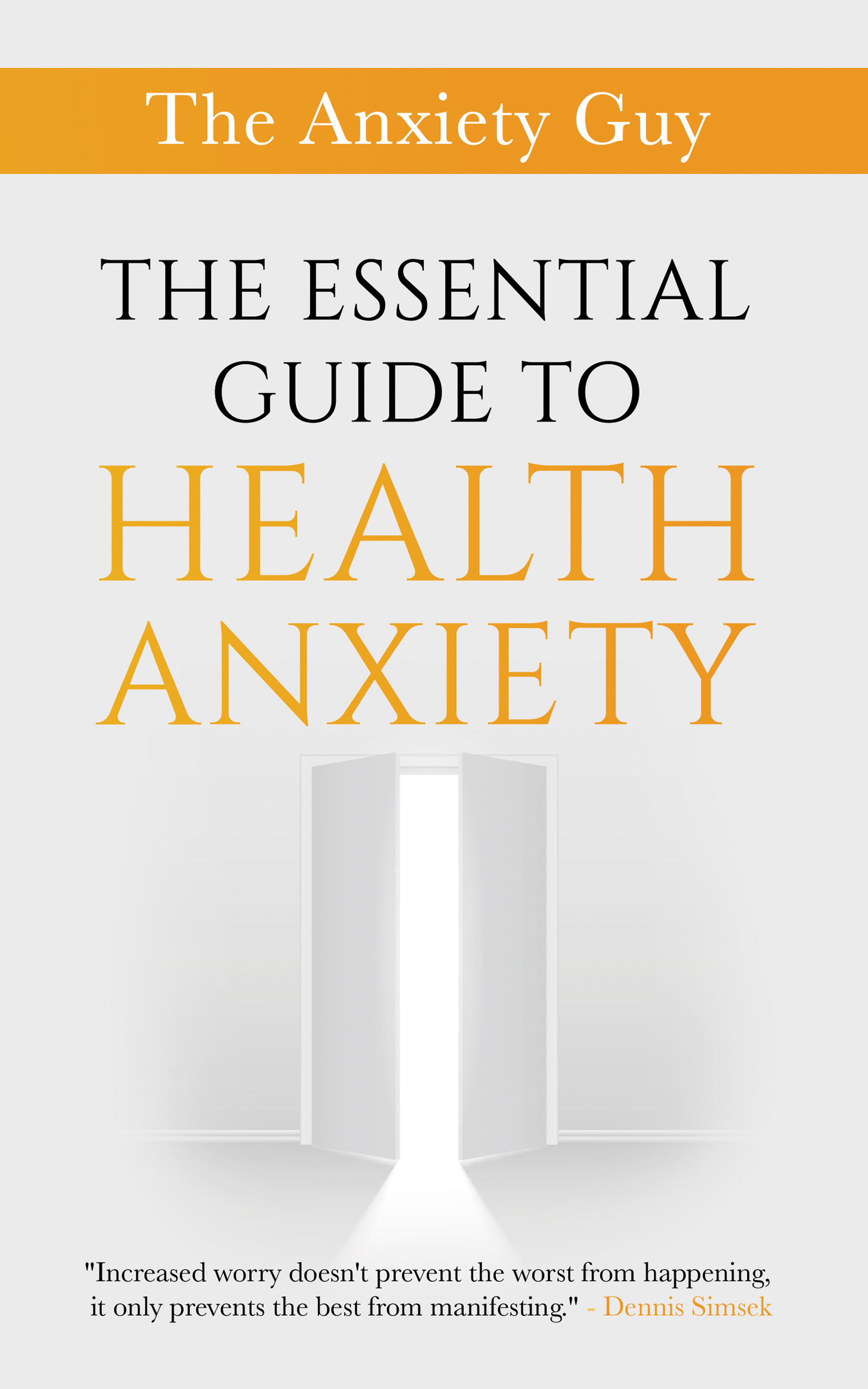
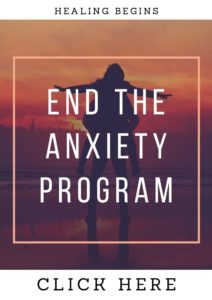
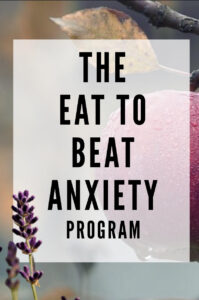



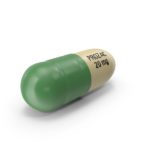

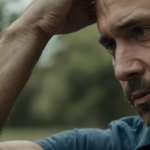







I think 8,9 and 10 are key for me.
Thanks Dennis 💙
Your comments are always appreciated thanks Carol.
How to have a private session with you? I need help? How much you charge for each session?
I’m still booking in sessions and you can find all the information you need on Skype sessions with me at https://theanxietyguy.com/coaching-1-on-1/
These are the definitely the 10 commandments for maintaining good mental health. I’ll try to memorize them so that I can easily implement them as situations require. Thanks a lot for sharing this information.
Very welcome thanks for your engagement.
All of them speaks to me but the one I need to focus on most after reading this is The Addiction to Suffering. My normal every day is worry and anxiety. When I become aware that I am not anxious, I immediately start thinking about it and within minutes the anxiety starts to creep in…I definitely have to explore that and understand my need to suffer
Thanks for sharing Vernese.